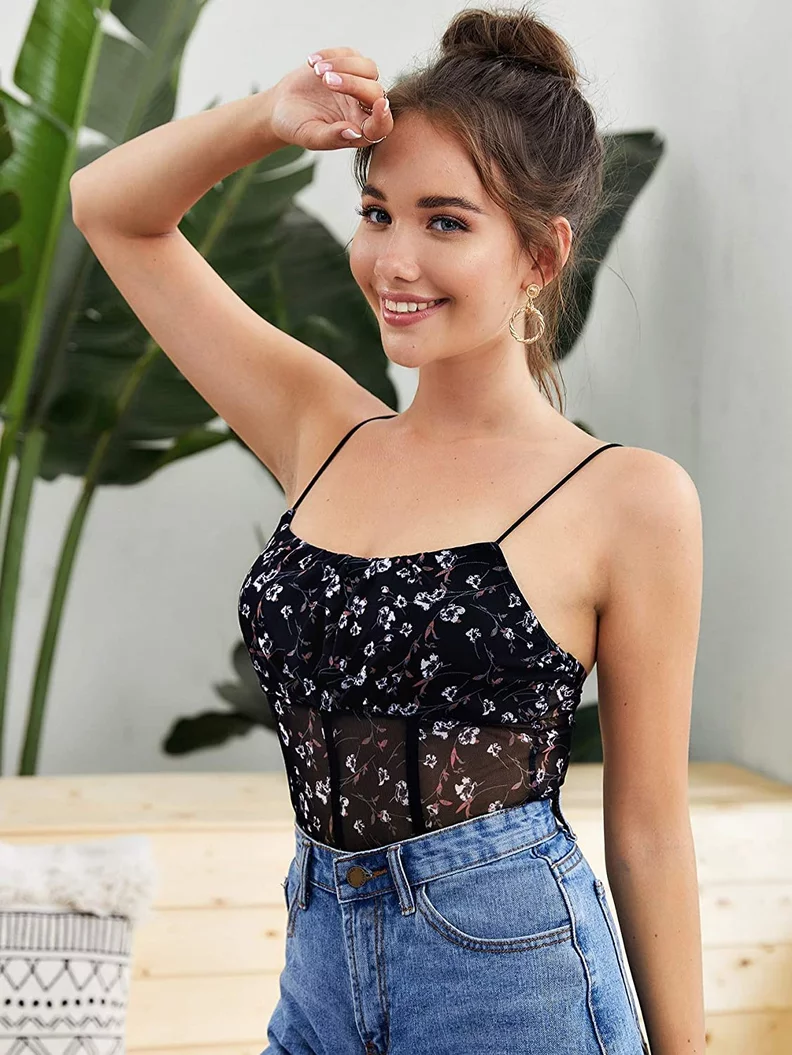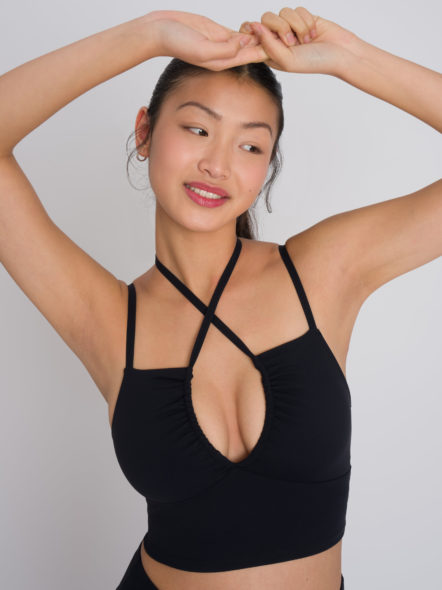Title: Sustainable Fashion: Eco-Friendly Materials and Practices in Top Manufacturing
Introduction:
Sustainable fashion has emerged as a crucial response to the environmental and social challenges posed by the conventional fashion industry. Leading manufacturers are spearheading this movement by embracing eco-friendly materials and implementing sustainable practices throughout their production processes. This article explores the innovative approaches adopted by top manufacturers to prioritize sustainability in fashion, focusing on the use of eco-friendly materials and sustainable practices.
Eco-Friendly Materials:
At the heart of sustainable fashion lies the use of eco-friendly materials that minimize environmental impact and promote responsible sourcing. Top manufacturers are shifting away from conventional fabrics like polyester and virgin cotton, which are resource-intensive and contribute to pollution, and instead opting for sustainable alternatives. Organic cotton, grown without synthetic pesticides or fertilizers, reduces the ecological footprint of cotton cultivation while supporting biodiversity and soil health. Additionally, innovative materials such as Tencel® lyocell, derived from sustainably managed forests, and recycled polyester, made from post-consumer plastic bottles, offer environmentally conscious alternatives with comparable performance and durability.
Natural Dyes and Low-Impact Processes:
In addition to eco-friendly materials, sustainable fashion embraces natural dyes and low-impact processes to minimize chemical usage and water consumption. Traditional textile dyeing processes often involve the use of toxic chemicals and large volumes of water, leading to water pollution and environmental degradation. In contrast, natural dyes derived from plants, minerals, and insects offer a sustainable and biodegradable alternative, producing vibrant colors without harming the environment. Low-impact dyeing techniques, such as digital printing and cold-water dyeing, further reduce the environmental footprint of fashion production by minimizing energy consumption and water usage.
Circular Economy and Waste Reduction:
Top manufacturers are pioneering circular economy principles to minimize waste and promote resource efficiency throughout the fashion supply chain. This includes adopting practices such as textile recycling, upcycling, and closed-loop manufacturing to extend the lifespan of materials and reduce reliance on virgin resources. By designing products for durability, reparability, and recyclability, manufacturers can minimize waste generation and contribute to a more circular and sustainable fashion industry.
Ethical Sourcing and Fair Labor Practices:
Ethical sourcing and fair labor practices are fundamental to sustainable fashion, ensuring that workers are treated fairly and ethically throughout the supply chain. Top manufacturers prioritize partnerships with suppliers and production facilities that uphold international labor standards, providing safe working conditions, fair wages, and respect for workers’ rights. By promoting transparency and accountability, sustainable fashion brands empower consumers to make informed choices and support ethical and socially responsible practices.
Innovative Technologies and Transparency:
Innovative technologies play a crucial role in advancing sustainable fashion, enabling manufacturers to develop new materials, production techniques, and supply chain solutions that minimize environmental impact. From blockchain traceability and supply chain transparency tools to 3D printing and digital prototyping, technology is driving innovation and accountability in the fashion industry. By leveraging these tools and collaborating with stakeholders across the supply chain, top manufacturers can enhance transparency, traceability, and sustainability in their operations.
Conclusion:
In conclusion, sustainable fashion represents a transformative shift towards a more ethical, environmentally conscious, and socially responsible approach to clothing manufacturing. Through the adoption of eco-friendly materials, natural dyes, circular economy practices, ethical sourcing, and innovative technologies, top manufacturers are leading the way towards a more sustainable future for the fashion industry. With growing consumer demand for eco-friendly products and increased awareness of environmental and social issues, sustainable fashion is poised to become the new standard, reshaping the industry for generations to come.



